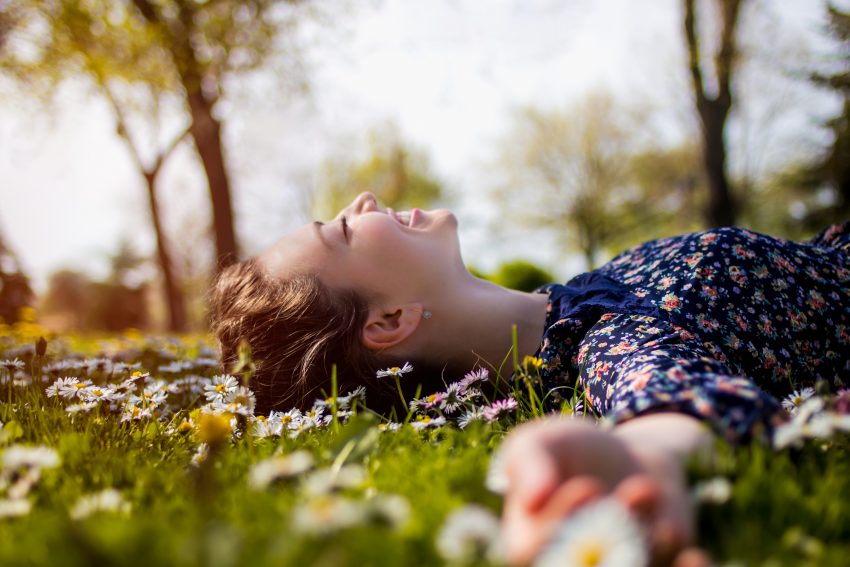Did you know that the number one global mental health problem is anxiety? Altogether an estimated 275 million people, around 4% of the population, suffer from anxiety disorders worldwide.
What is anxiety?
Anxiety is a normal and totally healthy emotion that most of us feel on a regular basis when we face a potentially harmful situation: anxiety in fact is our survival kit to cope with problems. It comes with feelings of worry, nervousness and fear but it can also trigger a bunch of physical symptoms such as sweating, fast heart rate and chest tightness. These symptoms are usually the causes of a rush of adrenaline that prepares us to physically confront or escape from any danger. Today our anxious thoughts often revolve around work, relationships, life decisions, family issues, money, health and other areas that we personally feel important in our lives and pay special attention to.

However, when the uncomfortable feeling of anxiety is disproportionate (lasts too long and is too intense) compared to the original trigger, physical symptoms may include high blood pressure levels and even nausea. These more extreme responses of our body move beyond anxiety into an anxiety disorder that requires medical attention.
Symptoms
Anxiety disorder is an umbrella term for several diagnoses including panic disorder, specific phobia and selective mutism. Generalized anxiety disorder (GAD), the most common form of the disease generally comes with the following symptoms experienced persistently or to extreme levels:
- irritability
- restlessness
- problems with concentrating
- worry about life events, objects and situations
- problems with falling and/or staying asleep
Causes
Identifying the reason behind feelings of anxiety is crucial for finding the best treatment method. According to Medical News Today, the following causes may be present in our lives separately but we can also experience several causes at once because they often co-exist and interact with one another:
- genetics
- medical factors such as the side effects of medication
- environmental factors such as stress from work, school, relationship, money issues, etc.
- brain chemistry, aka disruptions to hormones and electrical signals in the brain
- use of or withdrawal from an illicit substance
Self-Treatment
If you experience milder or short-term anxiety disorder, you might be able to cope with it at home. In any other cases, anxiety treatment should include counselling and medication. There are several ways and practices with which one can address their anxious feelings but a balanced diet and daily routine are key to a successful treatment. Different relaxation techniques can also be helpful for many: yoga and Pilates classes, deep breathing exercises and meditation will all facilitate the switch-off of the brain and its negative thoughts.

It is equally important that you talk about your emotions to people you truly trust or someone who has overcome a similar situation, while positivity is similarly essential during hard times. It is highly recommended that you write down your pessimistic feelings and make a list of all the things that you can be grateful for next to it – this way you can focus on replacing the bad with the good in your life. List making, even if they are about responsibilities, can also help to plan your days and get more clear-sighted about your duties, thus teaching you to manage stress more efficiently. Last but not least, physical activities likewise release chemicals in the brain that support positivity.





